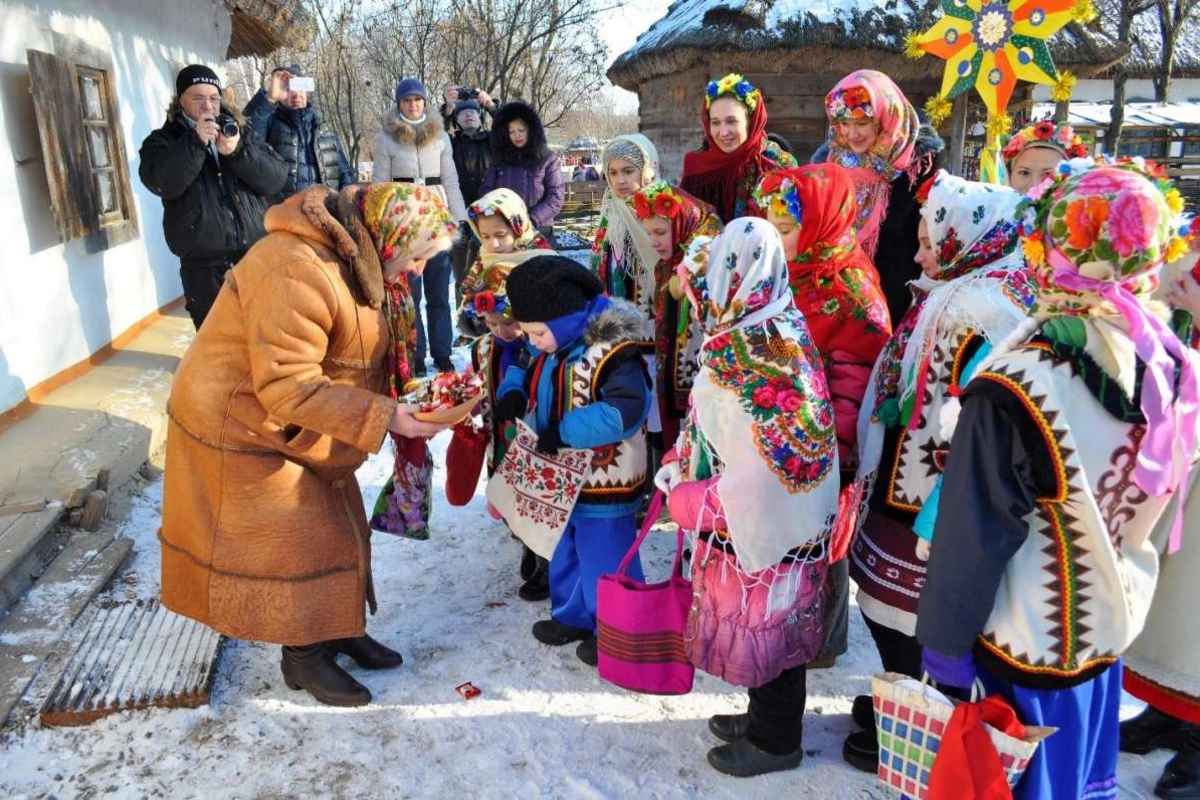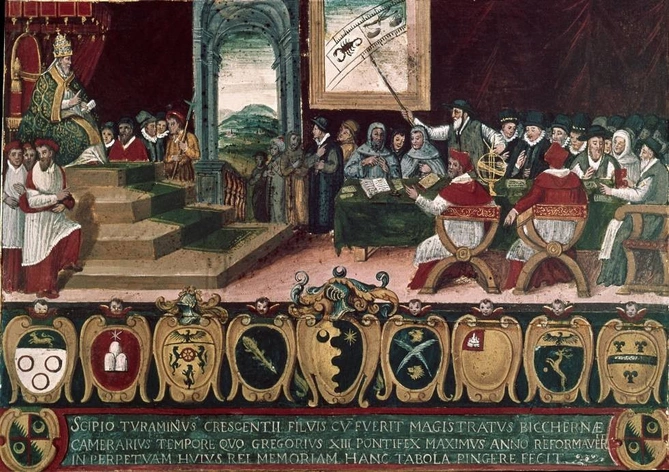
Today is Christmas Day for Georgians, Ukrainians, Russians and some other Eastern Orthodox Christians. But why do they celebrate on January 7? Well, it all has to do with ignoring a 16th-century pope.
Image: Mikheyev Viktor
Traditionally in Western countries, Christmas decorations are taken down by Twelfth Night (January 5), a day whose significance is otherwise largely forgotten despite the ever-popular seasonal song The Twelve Days of Christmas. Most non-religious Westerners might not know that the next day, January 6, is Epiphany celebrating the day that the infant Jesus was visited by magi, later re-imagined as wise men or Three Kings.
However, in several Eastern Orthodox countries, including Georgia, Russia and Ukraine,[1] Christmas only arrives on January 7. Many less-travelled Westerners might have heard of this later ‘Eastern Christmas’ for the first time in 2023 with Vladimir Putin’s proposal for a 36-hour Christmas truce in the war with Ukraine, an idea dismissed by Kyiv as being “hypocrisy,” with some considering it a possible ‘cover’ to allow Moscow to resupply troops and slow Ukrainian advances.
Why are the Christmas dates for Western and some Orthodox churches so different? The simple explanation is that certain Orthodox Christian Church hierarchies still use the Julian calendar.
Named for Julius Caesar and introduced by Roman edict in 45BC, the Julian calendar introduced the idea of leap years in which an extra day is tacked on every fourth year to keep months in roughly the same season each year. However, while effective, this system is still a little too approximate. It calculates an average year at 365.25 days when the reality is closer to 365.242. The result is that every 128 years or so, the date of fixed astronomical events (like equinoxes and solstices) shifts forward one day.

To fix the problem, the calendar was modified in 1582 by Catholic Pope Gregory XIII, creating the now almost ubiquitous system known as ‘Gregorian’ in his honour. The reforms shortened the average year very slightly[2] while also chopping back the ten days of ‘drift’ that had accumulated over many centuries. The result was that in 1582, Thursday, October 4, was followed by Friday, October 15. At least for Rome.
However, while this made perfect sense from an astronomical/scientific point of view, it was by no means easy to impose upon the medieval world. Much of northern Europe only adopted the new system in the 18th century, while Russia and the Ottoman Empire waited until the 20th century. The Orthodox Church, which had split with Rome following the Great Schism of 1054, never accepted the Gregorian calendar - perhaps no surprise given its imposition by a Catholic Pope. In the 20th century, some East European Orthodox Churches moved to the more accurate Revised Julian Calendar, but the Orthodox Churches of Georgia, Russia, Ukraine and Serbia still use the original Julian system. Assuming they continue to do so, by the year 2100, Orthodox Christmas in those countries will advance to January 8.
The Armenian Apostolic Church is a different case entirely. In the 4th century, long before Christianity split into Orthodox and Catholic traditions, Romans decreed that the date to honour Jesus’ birth would be December 25. However, Armenia had been outside the Roman sphere of influence, yet Christianized, well before this decision. So, the Armenian Church authorities stuck with the older idea of celebrating January 6 and continued to stick with it when Armenians changed to the Gregorian calendar. One exception is that of the ancient Armenian churches in the Holy Land, where some continue to use the Julian calendar. For them, Christmas now falls on January 18-19.

[2] by removing three leap days per 400 years, ie in three out of four years ending in 00. That means, for example, that 1700, 1800 and 1900 were not leap years but 2000 was. The full logic is explained here.
Share on social media